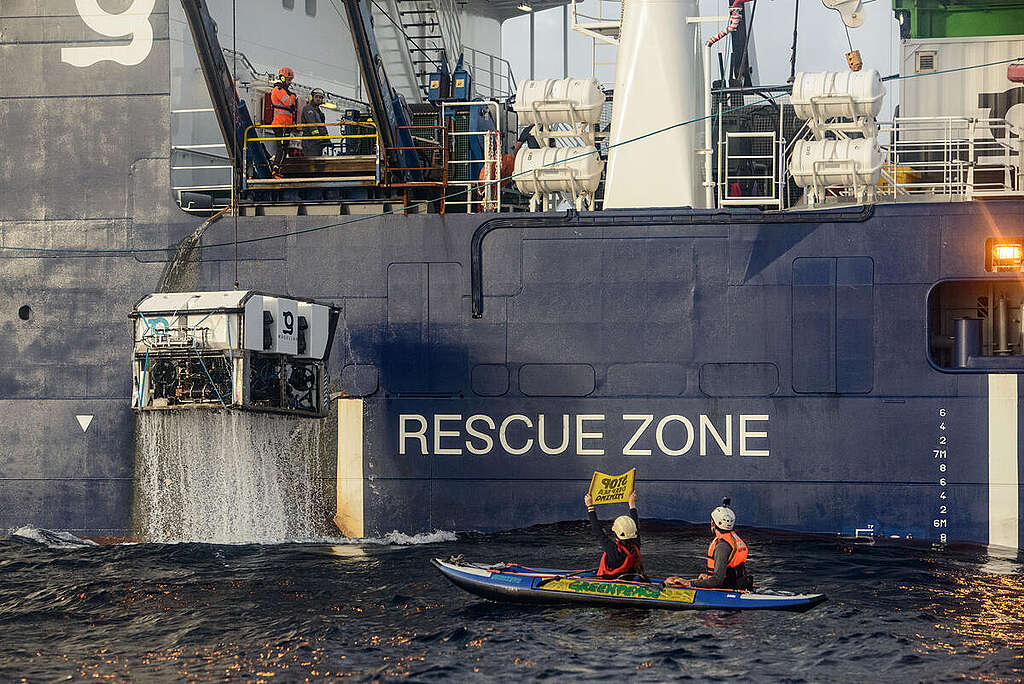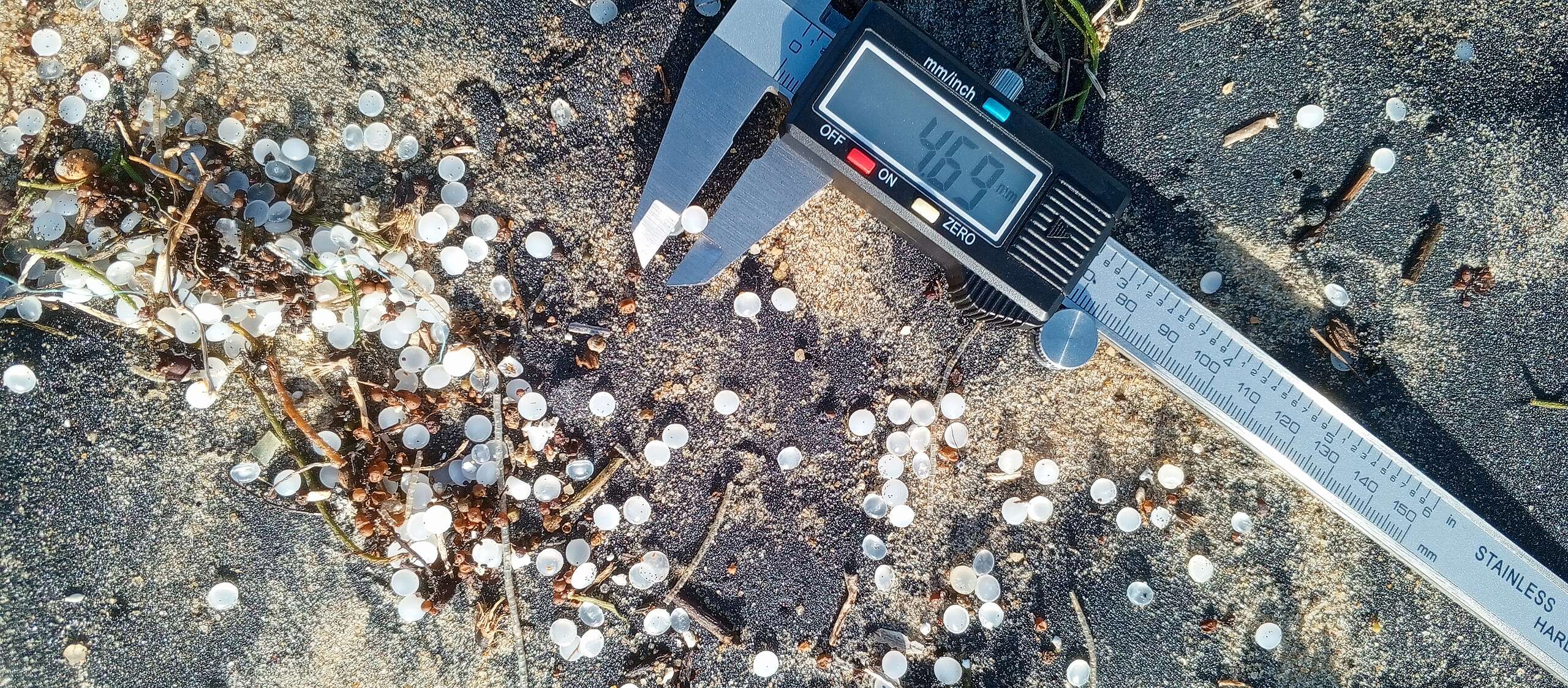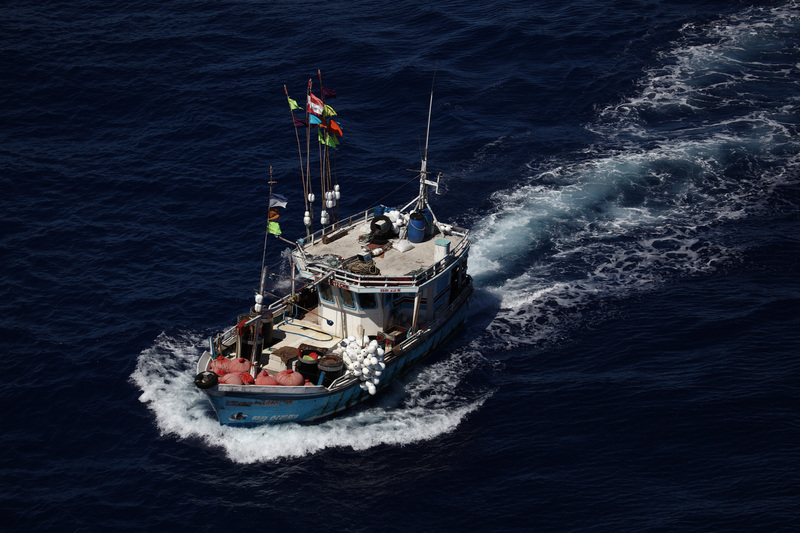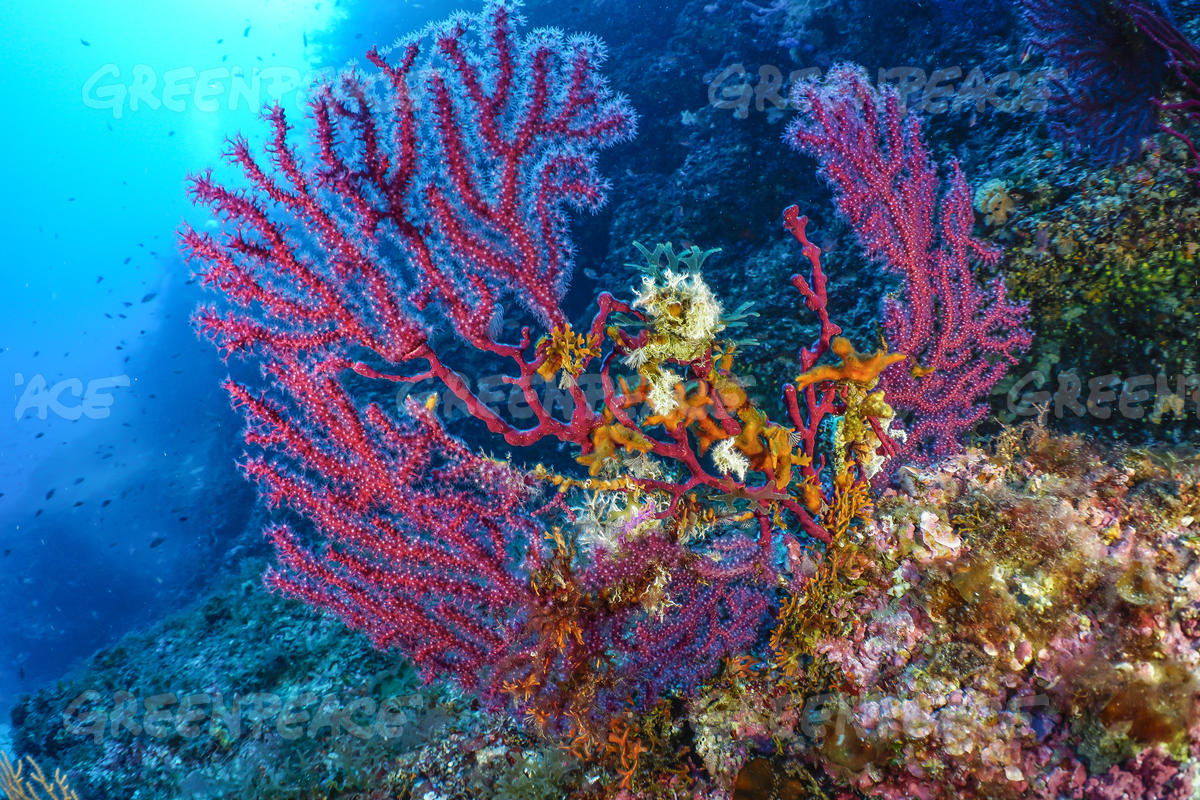As long as the deep sea mining industry intends to plunder the seabed, we’ll be there to expose their reckless plan threatening the oceans. That is why, onboard the Arctic Sunrise, we followed the MV COCO, a ship used by The Metals Company, the deep sea mining frontrunner. We are now in the middle of the Pacific ocean, where they want to conduct exploration tests. This is one of the last expeditions of The Metals Company before they apply to start their destructive deep sea mining operations.
We are here to bear witness and raise the alarm on the environmental disaster that deep sea mining would be. With kayaks and banners, Greenpeace International activists started a protest at sea and have disrupted the activity of the deep sea mining industry. Kayaktivists have intercepted The Metals Company’s attempt at collecting data for the first ever deep sea mining application.

Greenpeace and our allies have increasingly made it impossible for the deep sea mining industry to hide its reckless and controversial efforts to start commercial operations. More than 1 million people are raising their voices against the destruction of the seabed, hundreds of scientists have noted their concerns on the environmental damage that deep sea mining would cause, and now 24 governments oppose this industry. Greenpeace actions will say loud and clear that deep sea mining is bad business, can never be sustainable and we’ll make sure it doesn’t start on our watch.
Activists from around the world have come together to take action and show that no business is worth sacrificing a whole ecosystem for. Fragile species lie on the seabed, and we still know very little about it. They need to remain untouched. Moreover, this area in the Pacific Ocean, the Clarion-Clipperton Zone, where the action is taking place, is THE target zone for the deep sea mining industry, but the Pacific Ocean is central to the survival and to the livelihood of people from the Pacific. There is no way deep sea mining will start under our watch.
Here are some of the key moments of the protest.



